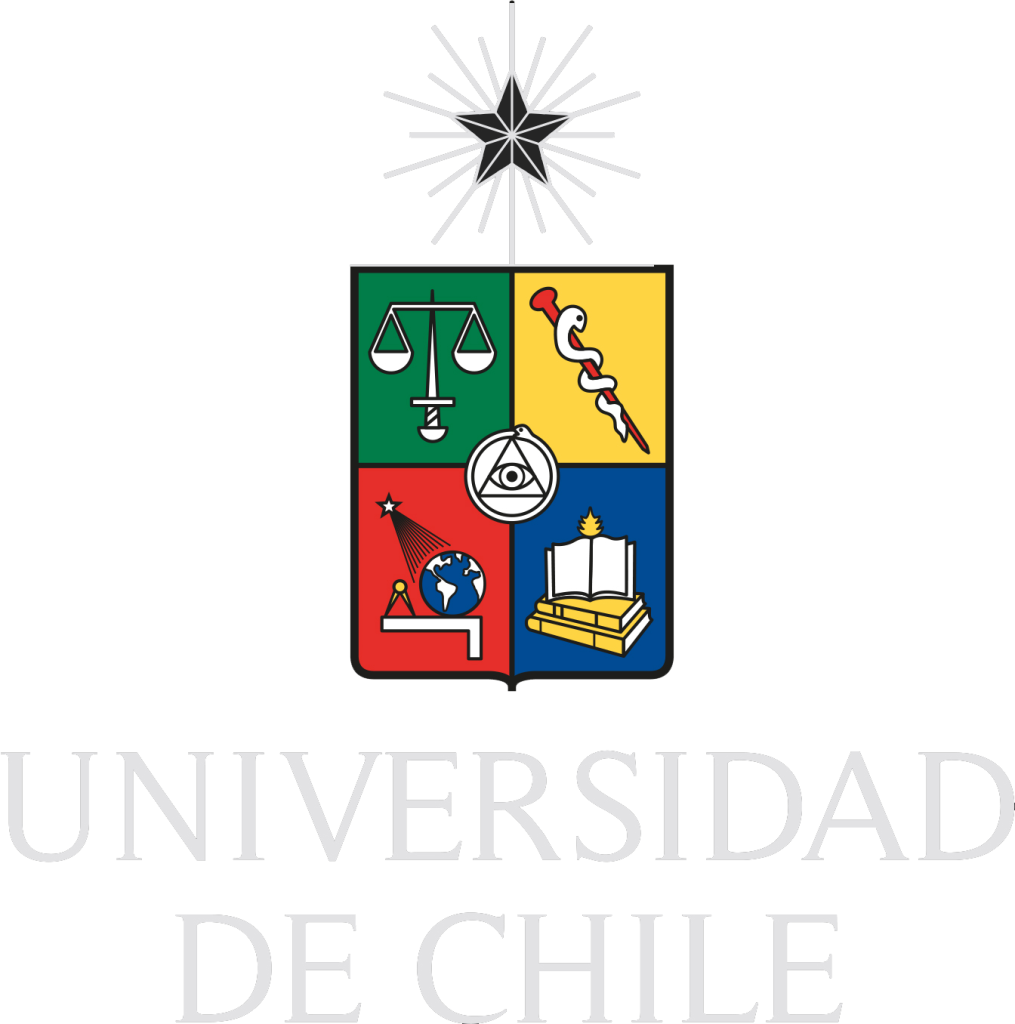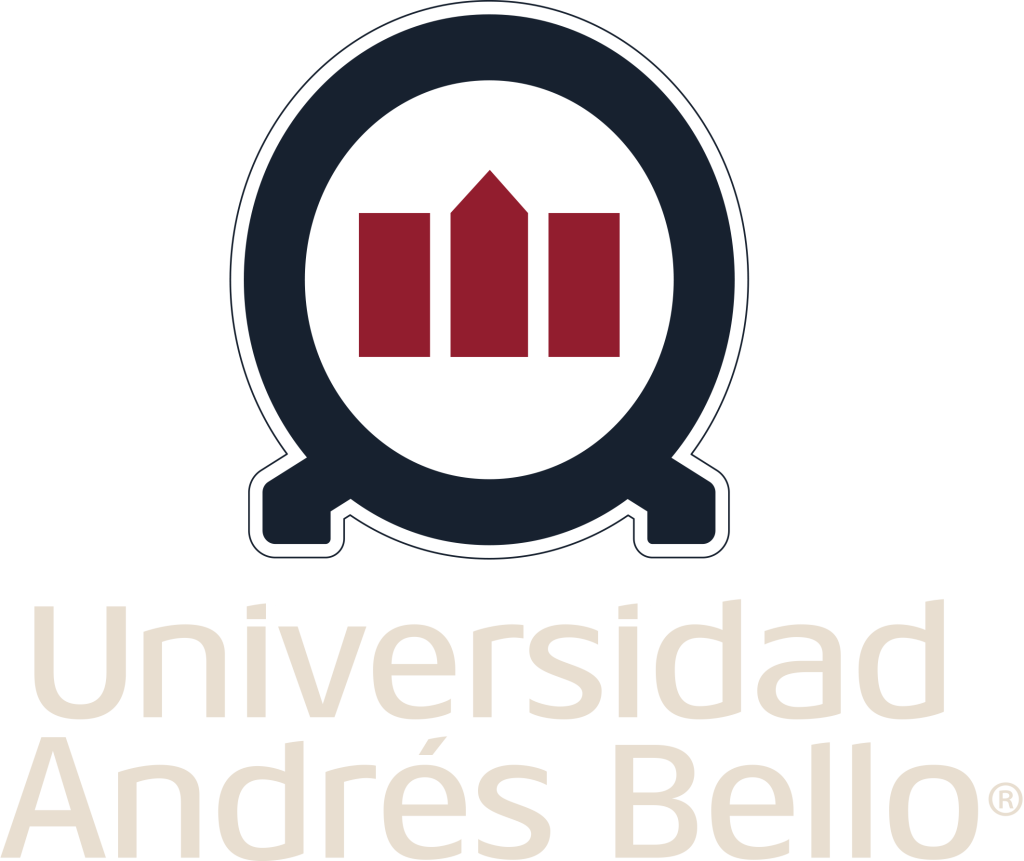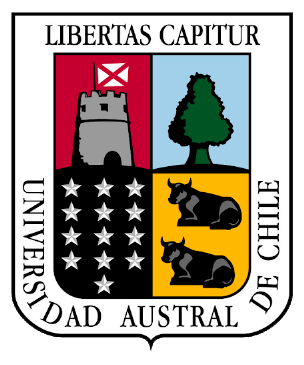About us
Scientific Foundations
The Millennium Institute on Immunology and Immunotherapy, MIII, is a scientific initiative that brings together researchers from the Pontificia Universidad Católica de Chile, Universidad de Chile Universidad Andrés Bello, Universidad Austral de Chile, Universidad de la Frontera and Universidad de Antofagasta, which perform basic research in immunology with the envision to obtain practical applications in immunotherapy, as new immunological therapies, vaccines and pharmacological solutions.
Research performed at MIII is aimed at fully understanding the functioning of the immune system to develop new therapies to cope with human diseases related to cancer, autoimmunity, infections, cardiovascular pathologies and endocrine disorders.
Social Foundations
The MIII is a government funded institution dependent on funds from the Ministry of Science, Technology, Knowledge and Innovation of Chile. These funds aim to develop high-level scientific research and are awarded to institutions. they may exhibit relevant scientific work. To access these funds, one must propose high impact projects involving international associations, establishment of human resources and institutional support. Additionally, it is necessary to develop research lines that may lead to science-based innovation with the potential to be transferred to the benefit of the society.
Mission and Vision
The main focus of the Millennium Institute on Immunology and Immunotherapy is to study and integrate knowledge around the immune system. This Institute has brought together a critical mass of interdisciplinary researchers in basic and clinical immunology, which have top-of-the-line equipment and infrastructure for performing cutting-edge scientific research while contributing to the training of advanced human capital.
Our mission is:
- To conduct cutting-edge research in the fields of basic and clinical immunology to address questions related to immune system function and molecular determinants that regulate innate and adaptive immune responses.
- To support and enhance the training of young scientists (PhDs, MDs and MD/PhDs) working in basic research and translational immunology.
- To strengthen translational research in the field of immune therapies against cancer, viral and bacterial infections, autoimmunity and hypertension.
- To consolidate and expand our current collaborations with outstanding scientists around the world.
- To expand and further strengthen our collaborations with industry.
- To perform workshops and symposia to bring basic scientists, clinicians and biotechnologists together.
- To disseminate the research performed at MIII by organizing courses in basic and applied immunology to high school students, teachers of primary and secondary education, staff working in the medical field and the general population to encourage young students to undergo further studies in science.
General Concepts
- The MIII is a biomedical research institute with international standards.
- Its main activity is to conduct basic science potentially transferable to new technologies.
- The MIII relies on the participation of scientists from the most prestigious universities in the country with a clear profile in research. Researchers belong to the Pontificia Universidad Católica de Chile, Universidad de Chile and Universidad Andrés Bello.
- The Institute is focused on contributing overall to science in Chile. The Institute constantly works on socially contributing in the field of scientific development, training of human resources, technology transfer and knowledge-building.
Specific Actions
- Scientific and technological research at the frontiers of knowledge.
- Translational research in order to generate new applications in biomedicine.
- Training of young scientists and advanced human capital.
- Collaborative work in networks with other institutions in the region and the world.
- Projection of their progress towards the external environment, particularly to the education sector, industry, services and society.
Structure
Dr. Alexis Kalergis the Pontificia Universidad Católica de Chile is the Director of the Institute with other 13 participating Research Associates, including the Alternate Director Dr. Leandro Carreño of the University of Chile. In addition, the Institute has numerous young researchers, senior researchers, post-doctoral students, graduate students and undergraduates.
Universities represented
• Pontificia Universidad Católica de Chile representada por sus investigadores: Dr. Alexis Kalergis, Dr. Susan Bueno, Dr. Marcelo López-Lastra, Dr. Gareth Owen, Dr. Pablo González, Dra. Alejandra Alvarez y Dr. Juan Carlos Roa.
• Universidad de Chile representada por sus investigadores Dr. Leandro Carreño, Dra. Monica Caceres, Dr. Ricardo Soto Rifo y Dra. Monica Cáceres.
• Universidad Andrés Bello representada por sus investigadores Dr. Claudia Riedel y el Dr. Felipe Simón.
• Universidad Austral representada por su investigadora Dra. Claudia Quezada.
• Universidad de la Frontera representada por su investigadora Dra. Priscila Brevi.
• Universidad de Antofagasta representada por su investigadora Dra. Margarita Lay.






